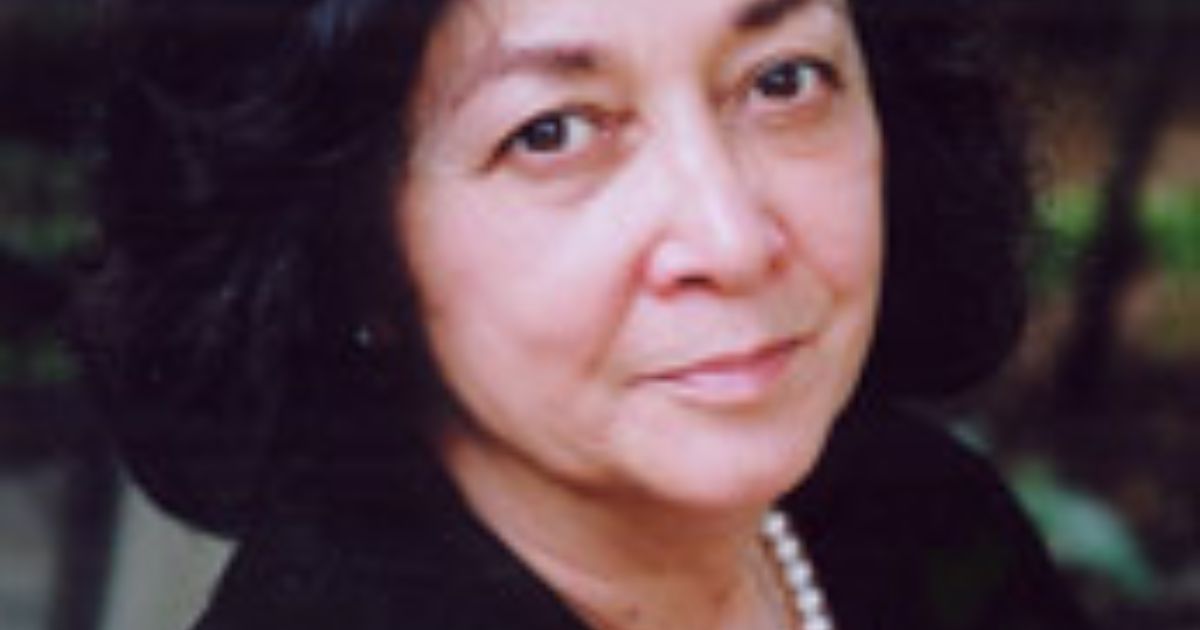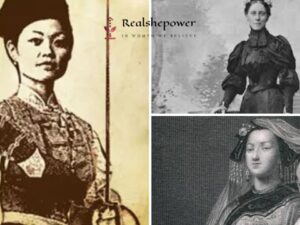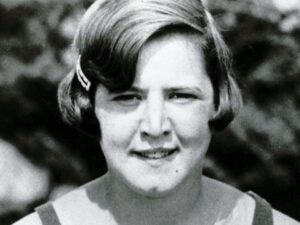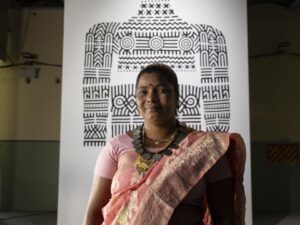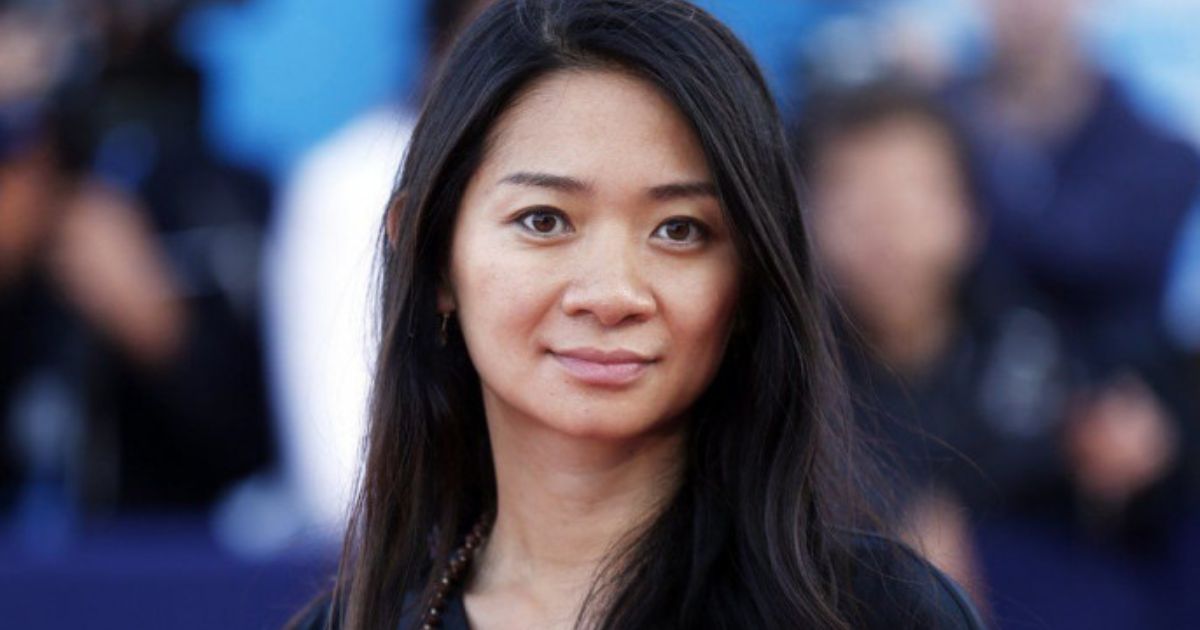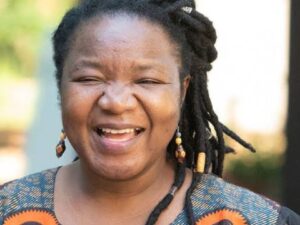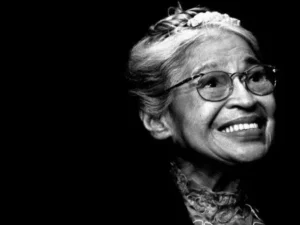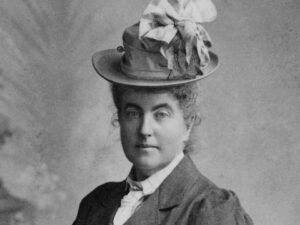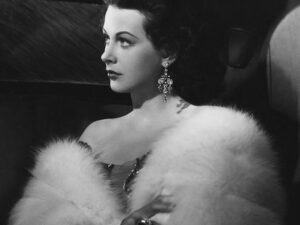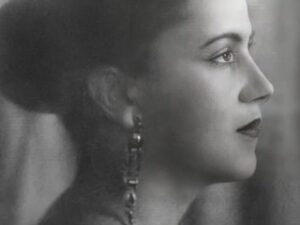In the bustling streets of Tehran, where the Elburz mountains cast their shadow, a young girl named Shaharnush Parsipur gazed at the stars. It was the 1950s, and Iran was a land of contrasts—modernizing under Shah Mohammad Reza Pahlavi, yet bound by tradition. Shaharnush, born to a lawyer father and a homemaker mother, felt the pull of something bigger. At 16, while visiting a relative’s garden, the twinkling night sky stirred her soul. She picked up a pen and wrote her first short story, unaware that this spark would ignite a lifelong battle for truth.
Shaharnush grew up in a time when Iran was opening doors for women. The Shah’s reforms meant girls could attend school, and Shaharnush thrived, earning a sociology degree from Tehran University in 1973. Her passion for storytelling led her to write novels, essays, and translations. Her first book, The Dog and the Long Winter, published in 1974, marked her as a rising literary star. She landed a dream job at Iran National Radio and Television, producing a program about rural women—a role that let her amplify voices like her own.
But Iran was changing. The winds of the Islamic Revolution were stirring, and the Shah’s secret police, known as Savak, watched dissenters closely. Poets and journalists vanished, silenced by fear or worse. Shaharnush, heartbroken by the repression, made a bold choice: she resigned from her job in protest. Her boss warned her it could be seen as defiance, but she stood firm. Soon after, she was arrested, her voice locked behind bars.
Released after months, Shaharnush sought refuge in France, studying Chinese philosophy. But in 1979, the Islamic Revolution swept Iran, pulling her back to Tehran. A misunderstanding landed her in prison again—this time for over four years. In the dim light of her cell, she didn’t break. Instead, she wrote Touba and the Meaning of Night, a novel that would later captivate readers worldwide with its poetic depth. Published after her release, it cemented her as a literary force.
Then came Women Without Men in 1990. In its pages, Shaharnush wove stories of Iranian women—prostitutes, wives trapped in loveless marriages—daring to explore taboo topics like virginity. The book was a lightning bolt, too bright for Iran’s new rulers. The government banned it, and Shaharnush faced prison twice more for her words. Yet the ban only fueled the book’s fame. Translated into multiple languages, it inspired a film and touched hearts far beyond Iran’s borders.
The cost was high. Her entire body of work was banned in Iran, and Shaharnush fled to the United States as a political refugee. There, she found a new home but never stopped speaking out. In 2003, Brown University honored her with the International Writers Project Fellowship, the first of its kind. In 2010, they awarded her an honorary doctorate. From her new life in America, Shaharnush continues to champion the freedom of Iranian women, her voice unbroken by decades of censorship and exile.
Her story is a reminder: no prison, no ban, no border can silence a heart that dares to tell the truth.
